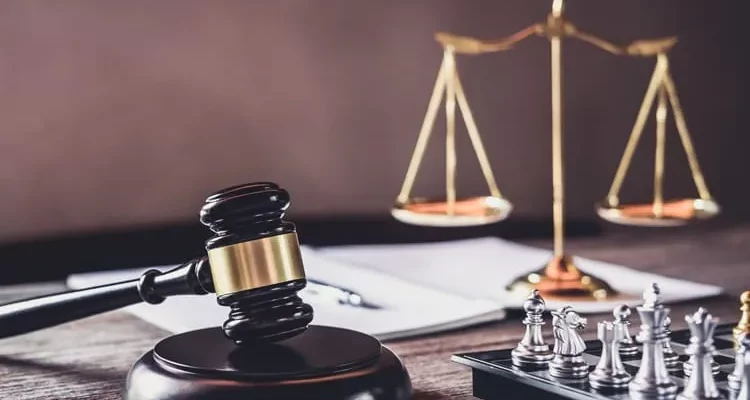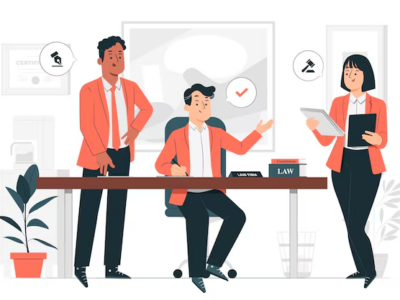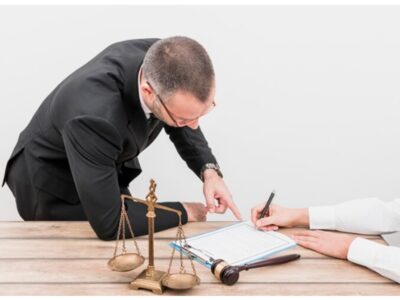Driving under the influence of either alcohol or drugs is obviously unsafe for you and everyone else on the road. However, this is also a serious offense, and Hawaii has strict laws when it comes to matters concerning drunk driving. Whether you are facing Felony DUI in Honolulu or need help to navigate your defense for the first offense, you should consider having an attorney on your side. In this post, we are sharing some key details worth knowing about DUI charges in Hawaii.
When you have no prior DUI convictions
If you have been charged with DUI for the first time, you have to take proactive measures to ensure that you don’t end up getting convicted. As we mentioned, DUI laws are extremely harsh in Hawaii, even for first-time offenders. The judge will ask you to go for a 14-hour rehabilitation program, and your license will be revoked for one year. The judge also has the discretion of asking you to do 72 hours of community service, spend up to five days in jail, and pay anywhere between $250 and $1,000 in fines.
When you have a prior DUI conviction
If you have a DUI conviction in the last ten years, the consequences of a second charge would be harsher. You will have to face license revocation for two to three years, may face fines up to $3,000, and spend five to thirty days in jail. The judge also has the discretion to sentence you to community service for up to 240 hours.
When you have two DUI convictions
If you have been charged with drunk driving for the third time, you would be treated as a habitual offender. These prior DUI convictions should be within the last ten years. Consequences of a third conviction include up to five years in prison, fines between $2,000 and $5,000, and substance abuse counseling. You could be subjected to continuous alcohol monitoring.
Get a lawyer
Given these facts, you have reasons to worry about your charges. There are law firms in Hawaii that can help you fight DUI charges. Defenses used by lawyers depend on the facts of the case, but your lawyer may have the scope to prove that you were not in control of the vehicle or that the police officer failed to keep up with protocols. At times, the chemical and blood tests could be inaccurate.
Talk to an attorney today to understand your legal options.













